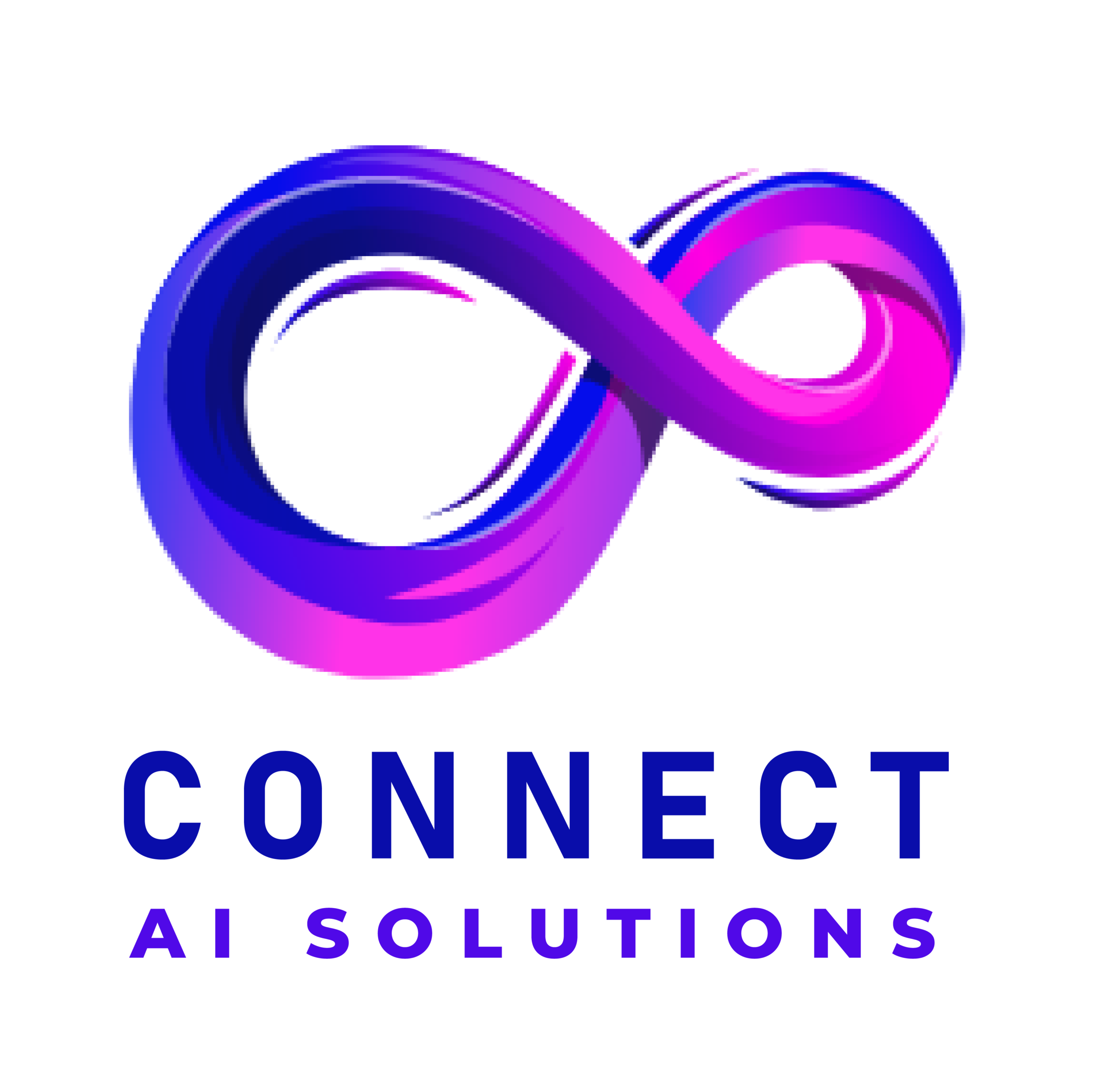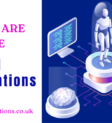What is AI in Email Marketing

AI in email marketing uses artificial intelligence to optimize email campaigns, leveraging machine learning, natural language processing, and data analytics. AI helps businesses predict customer behavior, personalize messages, segment audiences, send timely emails, and automate email marketing at scale.
AI Email Marketing vs. Traditional Email Marketing
Traditional email marketing relies on predefined rules and static segmentation, requiring manual adjustments. AI-driven email marketing, however, dynamically adjusts in real-time, analyzing user interactions to refine targeting, improve engagement, and boost conversions.
What is AI in Email Marketing?
AI in email marketing uses machine learning to personalize emails, optimize send times, and segment audiences. Predictive AI in Email marketing analyzes past data to improve targeting, while generative AI creates tailored content. Together, they automate and enhance email marketing for better engagement and conversions.
AI can also assign lead scores, predict customer value, and find similar audiences to expand reach. Many marketing platforms now use AI to make campaigns more effective. Let us come and learn about How to Use AI in Email Marketing.
How to Use AI in Email Marketing
There are many ways that enhances the use of AI in email marketing:
1. Content Ideation
Generating ideas can be challenging. AI tools like ChatGPT provide content suggestions based on your business and audience, helping spark creativity. AI can analyze trends, customer preferences, and engagement history. So it suggests relevant topics that align with your brand.

2. Email Validation & List Cleanup
AI assesses email list quality by detecting invalid addresses, analyzing engagement levels, and removing inactive subscribers to improve deliverability. It can also categorize email addresses based on interaction history, ensuring high-quality audience targeting.
3. Optimizing Send Frequency
AI analyzes engagement patterns to determine the best email-sending schedule, avoiding excessive emails that may cause unsubscribes. It continuously adapts based on user behavior, ensuring that emails are sent at times when recipients are most likely to engage.
4. Campaign Insights & Analytics
AI tracks email performance metrics, such as open rates, click-through rates, and engagement patterns. It helps the marketers to refine their strategy. It can also provide predictive insights, allowing marketers to anticipate customer behavior and fine-tune future campaigns.
5. Content Creation
AI tools assist in writing email copy, subject lines, and even generating personalized product recommendations. However, human oversight is necessary to ensure quality and accuracy. AI-generated content can include dynamic recommendations tailored to user preferences and past interactions.
6. Personalization
AI customizes email content by incorporating user-specific details like purchase history, browsing behavior, and preferences to create highly relevant messages. AI-powered personalization goes beyond inserting names—it can craft entire email sequences tailored to individual customer journeys.
7. Smart Segmentation
AI automatically groups customers based on behavioral patterns, past purchases, and demographics, ensuring targeted email campaigns reach the right audience. It can dynamically adjust segmentation as new data becomes available, making campaigns more precise over time.
8. Email Automation
AI enables automated email sequences, such as personalized welcome emails, order confirmations, abandoned cart reminders, and promotional messages. AI can also optimize follow-up sequences based on customer responses, ensuring better engagement.
Benefits of AI in Email Marketing
AI enhances email marketing by automating tasks and improving efficiency. Key benefits include:

-
Personalization at Scale
AI customizes content based on user behavior, past interactions, and preferences, ensuring highly relevant and engaging emails for each recipient. AI-driven personalization includes dynamic content insertion, predictive recommendations, and adaptive messaging.
-
Optimized Send Times
AI predicts the best time to send emails for maximum engagement by analyzing user activity patterns, time zones, and past open rates. It ensures emails reach recipients when they are most likely to interact, improving open and click-through rates.
-
Advanced Segmentation
AI dynamically groups users based on real-time data, including demographics, purchase history, browsing behavior, and engagement levels. This allows for hyper-targeted campaigns that resonate with specific audience segments.
-
Content Optimization
AI suggests subject lines, body content, and visuals that resonate best with different audiences. It analyzes past campaign performance, sentiment data, and user preferences to create compelling content that drives higher engagement.
-
Higher ROI
AI in Email Marketing increases conversions and sales by improving relevance and timing. With predictive analytics, AI can optimize every aspect of an email campaign, from content selection to delivery time, ensuring higher revenue generation.
-
Automated A/B Testing
AI quickly identifies the best-performing email elements by automatically testing different subject lines, layouts, calls to action, and images. AI can analyze test results in real-time and apply insights to optimize future campaigns.
-
Churn Prediction & Retention
AI in Email marketing detects customers at risk of leaving by monitoring inactivity, purchase decline, and behavioral trends. It can trigger automated re-engagement campaigns, offering personalized incentives, discounts, or content to retain users.
-
Email Validation & Cleanup
AI filters out invalid, low-quality, and inactive email addresses, reducing bounce rates and maintaining a high-quality mailing list. It can also detect spam traps and role-based emails, ensuring better email deliverability and sender reputation.
Best Practices for AI in Email Marketing

To maximize AI’s potential in email marketing, follow these best practices:
- Maintain Clean Data – AI works best with accurate, high-quality data.
- Balance Automation with Human Oversight – AI should assist, not replace, human creativity.
- Monitor & Adjust Strategies – Regularly analyze AI-driven email performance and make necessary adjustments.
- Ensure Privacy & Compliance – Follow GDPR, CCPA, and other data protection regulations.
- Use Predictive Analytics – Leverage AI insights to anticipate customer needs and improve engagement.
- Test & Optimize – Continuously run A/B tests to determine the most effective subject lines, email designs, and call-to-actions.
- Utilize AI-Generated Images – Enhance email visuals with AI-created graphics for a unique and engaging touch.
Does AI Replace Email Marketing Teams?
AI in Email Marketing is a powerful tool but does not replace human marketers. AI automates tasks, enhances decision-making, and streamlines workflows, but human expertise remains essential for crafting compelling messaging, understanding customer emotions, and ensuring compliance. AI should be seen as an enabler rather than a replacement, helping marketing teams become more efficient and data-driven.
Conclusion
AI in email marketing enhances efficiency, personalization, and campaign performance. By integrating AI-driven tools into your email marketing strategy, you can save time, improve engagement, and increase ROI while maintaining a human touch in your communications. The key is to combine AI automation with human creativity to create the most effective email marketing campaigns.
Must Read This Article: Transform Ideas into Reality with Top UI/UX Design Tools





